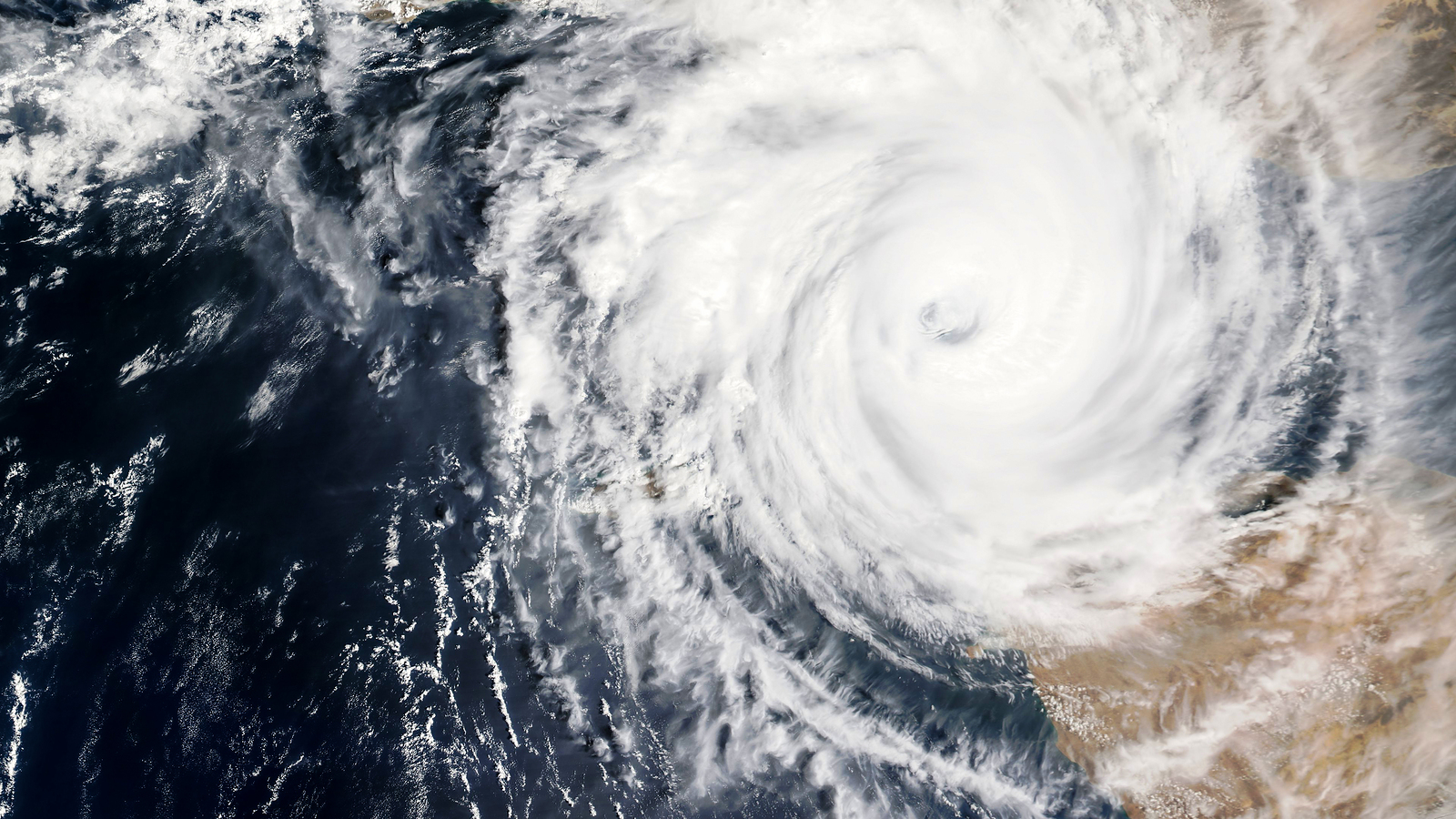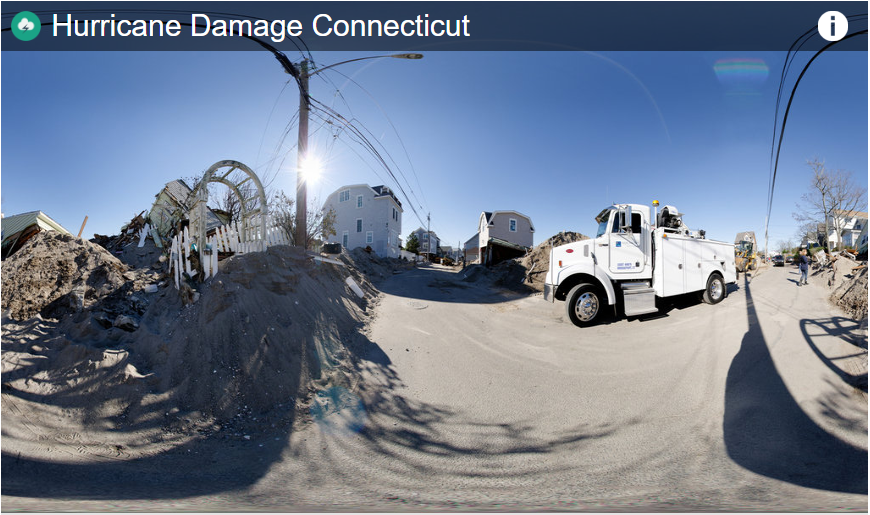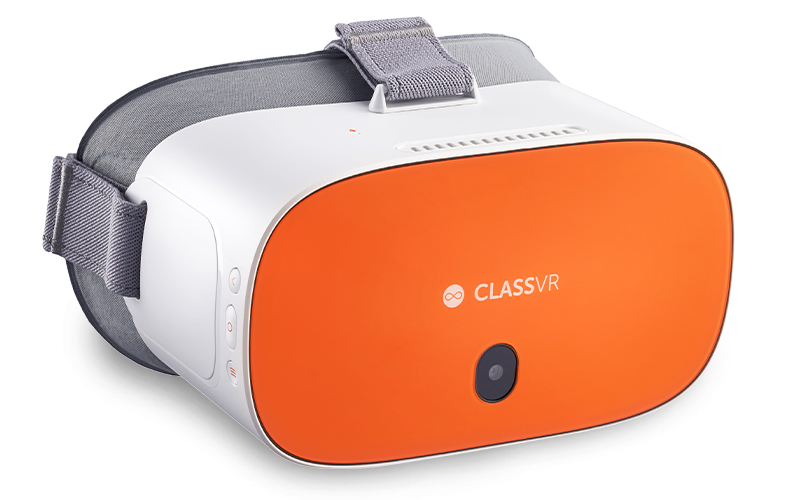It can be difficult to talk to younger children about how the events they see in the news are affecting people in different parts of the world. Because their life experience is generally relatively limited, they can struggle to imagine what it is like for people they have never met in places they have never been.

HURRICANE HARVEY CAUSED $125 BILLION IN DAMAGES AND KILLED AT LEAST 88 PEOPLE IN 2017
With the news currently dominated by stories of Hurricane Florence and a potential environmental disaster approaching the East Coast of North America, it is highly likely that your students will have heard words like ‘catastrophic’ and ‘disaster’ on the TV, or in conversation. The National Hurricane Center has advised that the hurricane is likely to cause ‘life-threatening storm surges’ and Roy Cooper, Governor of North Carolina, has been widely quoted on global news saying “The time to prepare is almost over, Disaster is at the doorstep and it’s coming in.”
This language is difficult for students to process, and many will have questions that have complicated answers without context. However, if you are using virtual reality in your school, you can use it as a tool to help develop empathy with victims of natural disasters.
We have talked previously about using VR to develop Empathy for Autism and to help the Understanding of fair play – this is one of the hardest skills for your students to master. However, when using virtual reality, our brains learn in a different way. When using a virtual reality headset information is recorded in the same way as if we were experiencing it first hand, which is an incredibly powerful way of building empathy.
ClassVR users can find the playlist entitled ‘Natural Disasters’ within the Portal. Preface the session with a conversation about their understanding of hurricanes, their significance and how they can affect civilians. When using the headsets, explain that the space they are exploring is the aftermath of a real disaster. How would you feel if this happened to your home? Your town? Your family? These are the conversations and experiences that develop empathy. By immersing your students in the reality of a disaster you can support their empathetic development and give them a chance to understand how people in North Carolina might be feeling.

THE CLASSVR PORTAL CONTAINS 360 DEGREE IMAGES FROM THE AFTERMATH OF HURRICANE SANDY
How have you helped your students understand natural disasters? Have you faced any difficult questions from students about world issues?
Get in touch with us on Twitter or Facebook using the hashtag #ClassVR



